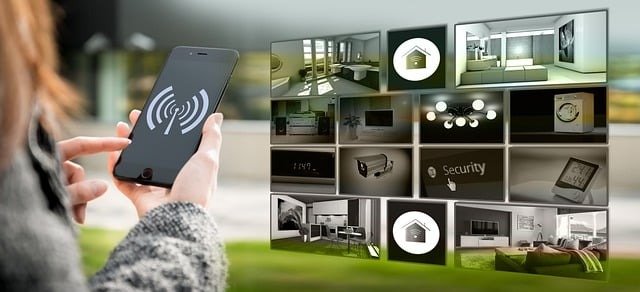When it comes to securing commercial properties, choosing the right type of security system is paramount. Business owners and security managers face a critical decision: opt for the reliability and stability of hard-wired systems or embrace the flexibility and innovation of wireless solutions? This comprehensive guide explores the nuances of wireless vs hardwired security systems, focusing on installation costs, reliability, and the specific needs of businesses, to help you make an informed decision.
The Case for Hard-Wired Security Systems
Reliability and Durability
When it comes to wireless vs hardwired security systems, hard-wired security systems are renowned for their reliability. Once installed, they provide a steady and constant connection that is not dependent on batteries or wireless signals, which can be prone to interference. The physical connections of hard-wired systems mean that fault finding is generally more straightforward, involving physical inspections and electrical measurements.
Cost-Effectiveness Over Time
While the initial installation might be more invasive, requiring drilling and cabling, hard-wired systems often become more cost-effective over time. There are no batteries to replace regularly, and the maintenance involves simple, periodic checks, making it a preferred choice for facilities that prioritise long-term budgeting.
Security and Tamper Resistance
For high-security areas, hard-wired systems offer an added layer of security. They are less susceptible to being jammed or interfered with, as opposed to wireless systems that can occasionally suffer from signal disruption caused by other electronic devices.
When Wireless Security Systems Shine
Installation Flexibility
Wireless systems are particularly advantageous where flexibility is required. They are ideal for sites where it is impractical or impossible to lay wires, such as listed buildings, temporary setups, or remote areas. The installation is quick, involves minimal disruption, and can easily be scaled or modified as the site evolves or expands.
Advanced Features
Modern wireless systems are equipped with sophisticated technology that allows for remote monitoring, integration with mobile apps, and real-time alerts. These features provide business owners with unparalleled control and visibility. In turn, enhancing the overall security infrastructure without the constraints of physical wiring.
Cost Implications
While wireless systems might have higher initial equipment costs due to the technology involved, they can significantly reduce labour costs and installation time. This makes them an attractive option for businesses looking to deploy systems rapidly across multiple locations.
Hybrid Systems: Best of Both Worlds
For many businesses, a hybrid system that combines the reliability of hard-wired components with the flexibility of wireless elements offers a balanced solution. Hybrid systems are particularly useful in complex commercial environments where both ease of installation and system reliability are crucial. They allow for the use of existing cabling and can be expanded with wireless components where necessary.
FAQs
- Which system offers the best return on investment for commercial properties?
- While both systems have their merits, hard-wired systems often offer better long-term returns due to lower maintenance costs and higher reliability.
- Can wireless security systems handle the extensive needs of a large commercial facility?
- Yes, modern wireless systems are highly capable and scale to handle extensive network requirements, making them suitable for large facilities.
- What are the security risks associated with wireless systems?
- The primary risks include potential interference from other devices and the possibility of signal jamming. Although, these are increasingly mitigated by advances in technology.
- How often will I need to maintain or check my security system?
- Maintenance schedules vary, but annual checks on both system types generally ensure optimal performance.
Choosing between a hard-wired and wireless security system depends significantly on your specific business needs. For example, the physical layout of your property and how you balance upfront costs against long-term benefits. By understanding the distinct advantages of each system type, businesses can tailor their security strategy to provide robust protection, flexibility, and efficiency.

